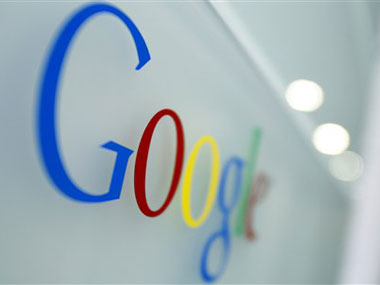
San Francisco, September 15: Google Inc rejected a request by the White House on Friday to reconsider its decision to keep online a controversial YouTube movie clip that has ignited anti-American protests in the Middle East.
The Internet company said it was censoring the video in India and Indonesia after blocking it on Wednesday in Egypt and Libya, where U.S. embassies have been stormed by protestors enraged over depiction of the Prophet Mohammad as a fraud and philanderer.
On Tuesday, the U.S. Ambassador to Libya and three other Americans were killed in a fiery siege on the embassy in Benghazi.
Google said was further restricting the clip to comply with local law rather than as a response to political pressure.
"We've restricted access to it in countries where it is illegal such as India and Indonesia, as well as in Libya and Egypt, given the very sensitive situations in these two countries," the company said. "This approach is entirely consistent with principles we first laid out in 2007."
White House officials had asked Google earlier on Friday to reconsider whether the video had violated YouTube's terms of service. The guidelines can be viewed at http://www.youtube.com/t/community_guidelines.
Google said on Wednesday that the video was within its guidelines.
U.S. authorities said on Friday that they were investigating whether the film's producer, Nakoula Basseley Nakoula, a 55-year old Egyptian Coptic Christian living in Southern California, had violated terms of his prison release. Basseley was convicted in 2010 for bank fraud and released from prison on probation last June.





Comments
Add new comment